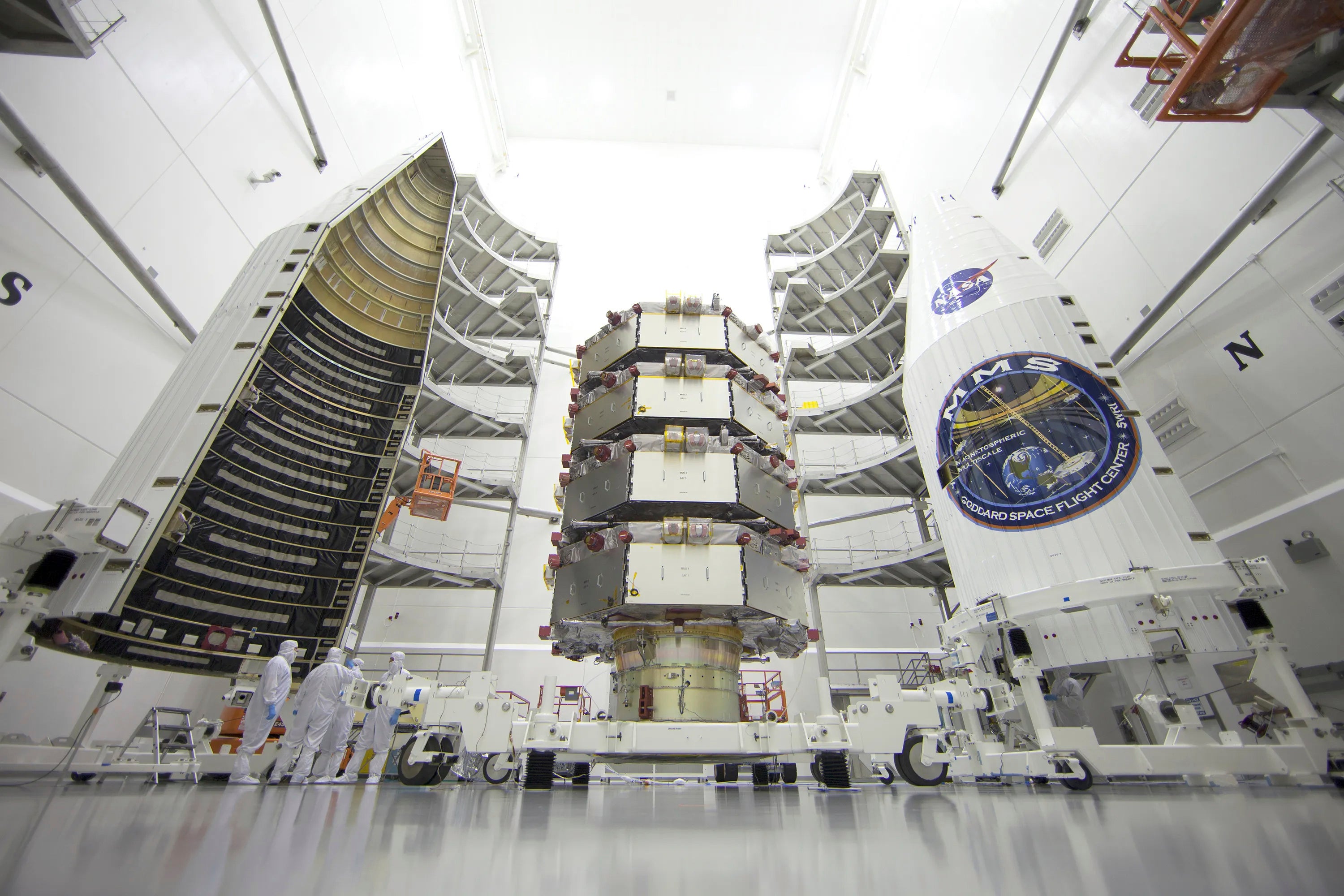Scientists detect chirping cosmic waves in an unexpected part of space
Scientists have detected cosmic waves that sound like chirping birds in an unexpected place

Scientists have detected cosmic waves that sound like birds chirping in an unexpected place.
These bursts of plasma, called chorus waves, ripple at the same frequency as human hearing. When converted to audio signals, their sharp notes mimic high-pitched bird calls.
Researchers have captured such sounds in space before, but now they have sensed the chirping waves from much farther away: over 62,000 miles (100,000 kilometers) from Earth, where they've never been measured before.
“That opens up a lot of new questions about the physics that could be possible in this area,” said Allison Jaynes, a space physicist at the University of Iowa who was not involved with the work.
Scientists still aren’t sure how the perturbations happen, but they think Earth’s magnetic field may have something to do with it.
The chorus has been picked up on radio antennas for decades, including receivers at an Antarctica research station in the 1960s. And twin spacecraft — NASA's Van Allen Probes — heard the chirps from Earth's radiation belts at a closer distance than the newest detection.
The latest notes were picked up by NASA's Magnetospheric Multiscale satellites, launched in 2015 to explore the Earth and sun's magnetic fields. The new research was published Wednesday in the journal Nature.
Chorus waves have also been spotted near other planets including Jupiter and Saturn. They can even produce high-energy electrons capable of scrambling satellite communications.
“They are one of the strongest and most significant waves in space,” said study author Chengming Liu from Beihang University in an email.
The newfound chorus waves were detected in a region where Earth's magnetic field is stretched out, which scientists didn't expect. That raises fresh questions about how these chirping waves form.
“It's very captivating, very compelling,” Jaynes said. “We definitely need to find more of these events.”
___
The Associated Press Health and Science Department receives support from the Howard Hughes Medical Institute’s Science and Educational Media Group and the Robert Wood Johnson Foundation. The AP is solely responsible for all content.
Bookmark popover
Removed from bookmarks